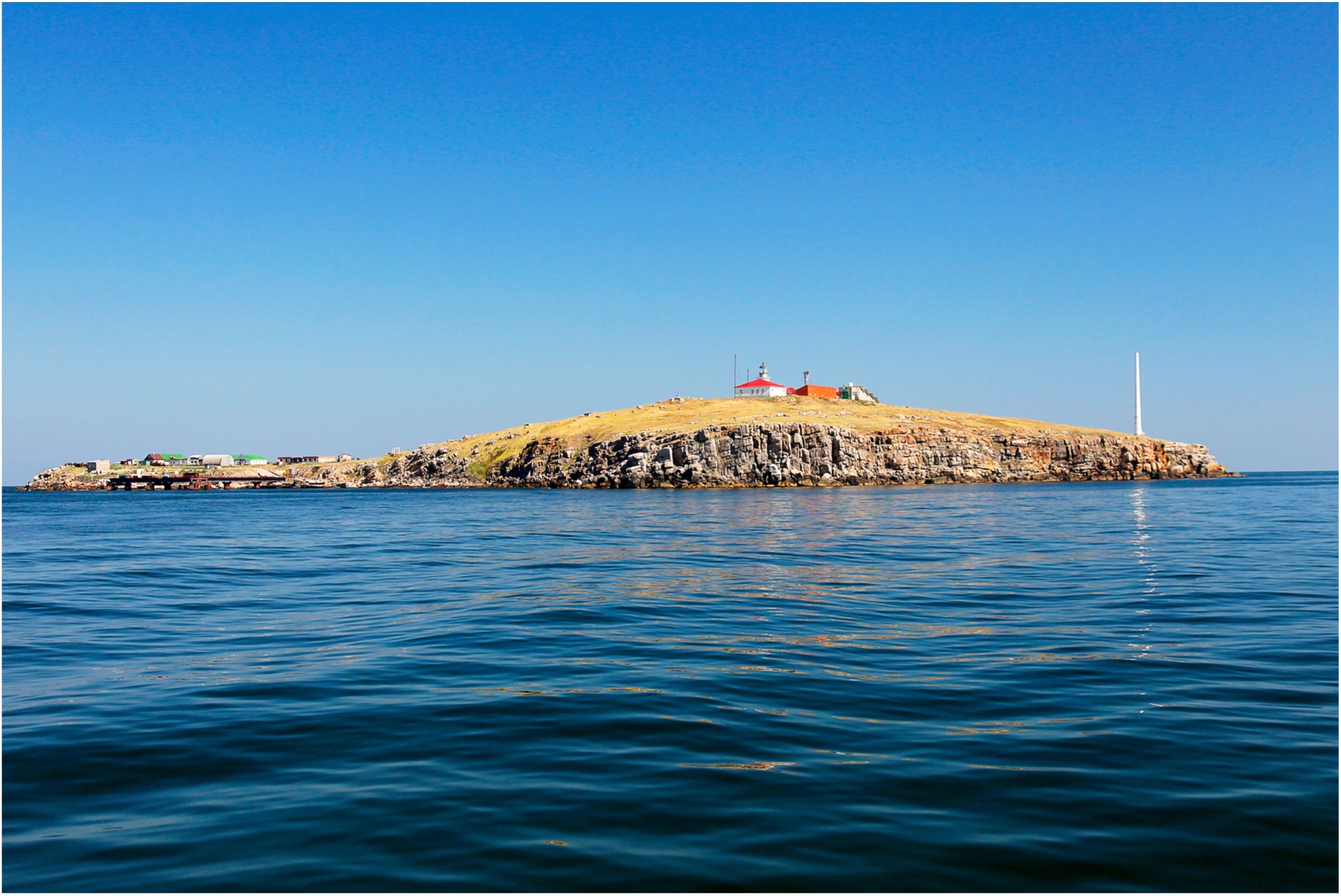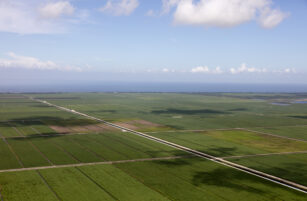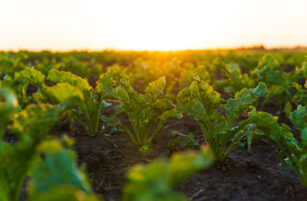Insight Focus
- Russia exports grain from occupied Ukrainian territory
- World Bank makes USD 500m food security loan to Egypt
- US baking industry urges USDA to boost sugar supply
The Russian withdrawal from Snake Island in the Ukrainian part of the Black Sea will alleviate some of the military pressure on the coast by removing Russian air defence and anti-ship missile systems from the island, the Institute for the US-based Insitute for the Study of War said.

“The retreat itself will not end the sea blockade, however, as Russian forces have access to land-based anti-ship systems in Crimea and western Kherson Oblast that can still target Ukrainian cargo as well as the use of the remaining ships of the Black Sea Fleet,” the ISW added.
“Practically, you need 10 things to happen before you can safely export grain and this is only one,” the BBC quoted professor of Ukrainian studies at University College London Andrew Wilson as saying of the Russian withdrawal from the island.
Appeals to End Black Sea Port Blockade
President of the G20 Indonesian President Joko Widodo, widely known as Jokowi, said everything possible should be done to unblock Ukrainian grain exports, with security guarantees provided to all interested parties in talks with President Volodymyr Zelensky in Kyiv, the official Ukrainian Ukrinform news agency reported.
After meeting Russian President Vladimir Putin in Moscow, Jokowi said he hoped for progress on reintegrating global food and fertiliser supply lines disrupted by the conflict, Reuters reported. However, Putin denied Russia was blocking Ukrainian grain exports.

“The Ukrainian military has mined the approaches to their ports,” he said, “No one prevents them from clearing those mines and we guarantee the safety of shipping grain out of there,” he said.
The Moscow-based Interfax news agency reported that the authorities in the Russian-held port of Berdansk in the Zaporizhzhia region had started exporting grain, Interfax quoted head of the interim regional administration Yevgeny Balitsky as saying some 7,000 tonnes of grain were sent to “friendly” countries. Ukraine has accused Russia of stealing its grain, something Russia denies.
Ukrainian foreign minister Dmytro Kuleba appealed to African leaders to pressure Russia over his country’s grain exports in an interview with Tanzania’s The Citizen.
“Time is running out for us, but also for you. And we want to resolve the problem within the next few weeks. Blocking Ukraine’s food exports longer would undermine the ability of our farmers to proceed with the new harvest and elevate the risk of interrupting Ukraine’s agricultural cycle for another year. This can put the world at risk of a multi-year food crisis,” he said.
World Bank Food Security Loans for Egypt, Tunisia
In Africa itself, the World Bank approved a USD 500 million loan to bolster Egypt’s efforts to ensure that poor and vulnerable households have uninterrupted access to bread, to strengthen Egypt’s resilience to food crises and to support reforms in food security policies. The bank said the aim of the loan was to help cushion the impact of the war in Ukraine on food and nutrition security.

Earlier, the bank announced a USD 130 million loan for Tunisia, seeking to lessen the impact of the war by financing vital soft wheat imports and providing emergency support to cover barley imports for dairy production and seeds for smallholder farmers for the upcoming planting season.
However, Reuters reported that a heat wave and fires are badly damaging Tunisia’s grain harvest, leading the farmers union to forecast that output will not be more than 1.4 million tonne falling well short of government hopes of 1.8 million tonnes.
Sugar Supply

In the US, the Independent Bakers Association has asked the US Department of Agriculture to use existing legal authorities to “act immediately to increase available sugar supplies” because prices were at 50-year highs and over three times the world price, BakingBusiness.com reported.
It said the IBA urged the USDA to raise the tariff-rate quota high enough to stabilize the domestic sugar price at no more than twice (or less) the world price; to reassign tariff-rate quotas from nations that do not export to the US to ones that will; and to rescind the order including organic sugar in the calculation of sugar ending stocks-to-use ratios.
In the UK, British Sugar and farmers’ representative NFU Sugar agreed a 48% year-on-year rise in the beet price for the 2023-24 contract year to GBP 40 (USD 48.58) a tonne. Both sides said this was to incentivise continued cultivation of the crop.
“There is no doubt that we have been concerned about the decline in growing area over the past two years and the subsequent impact this had on the supplier base. It was important this deal addressed that and I hope now we will see that decline reverse and the industry rebound,” chair of the NFU sugar board Michael Sly said.
In the Philippines, three sugar mills in Negros Occidental will restart operations before the official milling season in an effort to help address a national sugar shortage, the Manila Times reported.
Sugar Regulatory Administration Administrator Hermenigildo Serafica said that most mills stopped operations in April and May due to lack of cane supply.
“Out of the 27 mills, only one small mill is operating right now. Hence, we are already eating up our buffer stock and this will not be enough until the end of August. Though the next milling season starts on 1 September, most mills don’t start this soon and it will take a few months for production to build up and meet our demand,” Serafica added.














